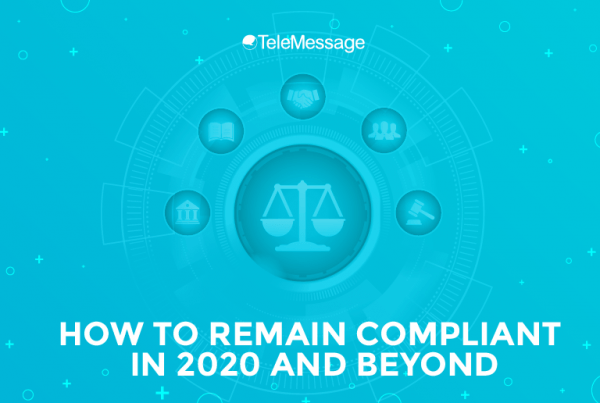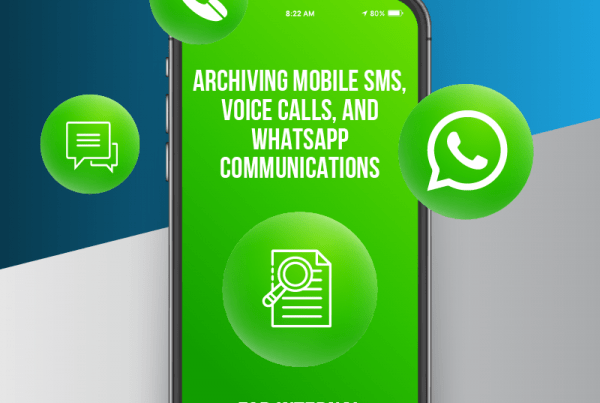The coronavirus pandemic kept people from staying close with each other as the lockdowns kept people indoors. One of the ways to stay in touch with friends, families, co-workers, and customers is through mobile calls and instant messaging.
WhatsApp users numbered about 2 billion users in 180 countries and 1.6 billion active monthly users, while WeChat users numbered about 1 billion active users. Many people have begun using instant messaging apps to connect with others before the pandemic, and the number has only increased during the lockdown periods.
Even companies are using instant messaging to connect with their customers due to how convenient using the apps is, mainly because most consumers communicate using them.
Businesses are Using Instant Messaging to Communicate During the Pandemic
The pandemic forced people to be reliant on messaging apps to connect with others, and they’re more likely to use the same applications to contact companies and transact. Before the pandemic, many employees served their customers over WhatsApp, only to be penalized for violating company rules and data protection regulations.
There’s been a significant spike in volume on mobile calls, WhatsApp, and WeChat usage due to the coronavirus pandemic. The number of mobile calls increased significantly with similar cases in both WhatsApp and WeChat.
The financial sector isn’t the only sector that’s shifted to instant messaging to accommodate their clients. Other industries have also adjusted their activities and increased their use of instant messaging channels for their remote employees and customers.
Convenience Outweighs the Controversy in the ‘New Normal’
Thanks to instant messaging’s popularity and the growing trend of people using WhatsApp and other similar messaging apps, employees no longer need to worry about getting fired or penalized when they use compliant messaging solutions. WhatsApp and WeChat are among the most popular instant messaging applications people use, but they can’t comply with various data protection regulations.
Adopting a robust mobile archiver that can capture WhatsApp and WeChat conversations will keep both firms and employees safe from noncompliance issues. The “new normal” will see more firms use instant messaging solutions to meet their clients’ demands as many people realized how convenient they were in their daily lives. Without using the solutions that consumers find convenient, there’s a chance that companies lose customers because they weren’t able to connect with them.
Companies can easily start the transition to instant messaging apps because their employees have been using them even before they joined the workforce. The younger generation of workers that have just recently become employees brought with them fresh ideas on how to conduct business that their clients are also familiar with, resulting in using new technologies at work.
Due to the continuous shift to instant messaging, companies must know how to archive text messages to ensure that they can remain compliant with regulations while using new solutions.
Instant Messaging Allows for a Flexible Workforce
Instant messaging also allows firms to be more flexible with their working hours, especially when working remotely. Remote workers can adapt to the changes in how they communicate when relying on instant messaging apps. Their clients have adapted and will more likely contact businesses outside the ordinary working hours.
Failing to adapt will effectively keep a company from growing, especially when competitors accommodate them. After the pandemic, most people will likely continue the practices they adopted due to how convenient they were during hard times.
Complying with Regulations for Remote Working Scenarios
The FCA and other regulatory organizations advised financial services firms to refrain from using instant messaging platforms like WhatsApp and WeChat due to their lack of text message and call monitoring capabilities. Using robust archiving solutions allows businesses to use WhatsApp since they can then capture mobile SMS and monitor voice calls and comply with data retention regulations.
Banks and other financial services firms will likely adopt instant messaging applications and archiving and surveillance solutions for future business purposes. Bankers and other employees no longer need to worry about using WhatsApp and WeChat when they’re also using message recording and call monitoring solutions.
The TeleMessage Mobile Archiver effectively addresses compliance, regulatory, eDiscovery response requirements as employees use instant messaging applications even after the coronavirus pandemic. The post-coronavirus workplace will see more employees using naturally uncompliant messaging apps, so firms must invest in having robust archiving solutions to ensure that they can comply with regulations. By capturing messages, internal investigators can check on the employees’ communications and ensure that they aren’t conducting any illegal activities.
TeleMessage captures and records mobile content, including SMS, MMS, voice calls, WhatsApp Chats, and WeChat conversations from corporate or BYOD mobile phones. The messages are securely and reliably retained within TeleMessage servers or forwarded to a company’s chosen archiving data storage vendor.
Our mobile archiving products securely capture content from mobile carriers and mobile devices for various ownership models (BYOD, CYOD, and employer-issued). With our multiple archiving solutions, you can always find the right tools or blend for your requirements:
TeleMessage offers cross-carrier and international mobile text & calls archiving for corporate and BYOD phones. Contact us to learn more about how our mobile archiving products can help your company or agency record mobile messages for a timely response to eDiscovery requests.






